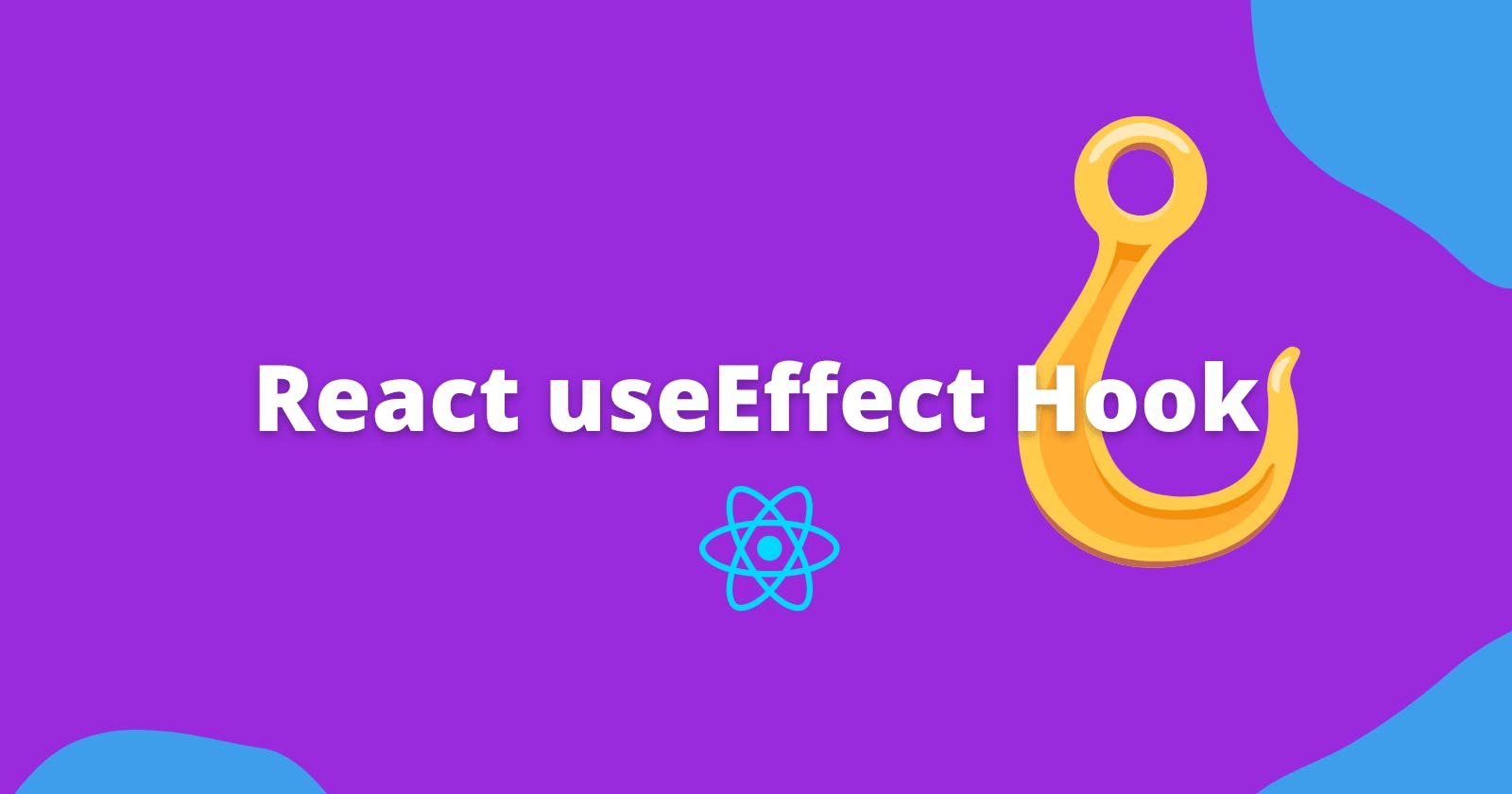useEffect is a fundamental hook in React that allows developers to perform side effects in functional components. It's a powerful tool, but it's essential to use it judiciously and understand its implications. There are situations where you might want to be cautious or consider alternatives:
1. Performance Concerns:
Excessive Rendering: If not used carefully,
useEffectcan lead to unnecessary re-renders, especially if you're not careful with dependency arrays. Components might re-render more often than necessary, impacting performance.Cleanup: If you're not cleaning up after the side effects, like removing event listeners or subscriptions, it can lead to memory leaks.
2. Readability and Maintainability:
Complex Logic: Placing complex logic inside
useEffectcan make the component less readable and harder to maintain, especially if there are multiple side effects.Effect Dependencies: Managing dependencies in
useEffectcan be challenging, leading to bugs if not handled correctly.
3. Testing:
- Testing Side Effects: Testing components with side effects can be challenging. If the side effects are deeply nested within components, it might complicate unit testing.
4. Alternative Patterns:
Custom Hooks: For complex side effects, it might be beneficial to encapsulate the logic into custom hooks. This can make components more readable and promote reuse.
Reducer + Context: For state management and side effects, using a combination of
useReducerand Context API might be a better approach, especially for larger applications.
5. Debugging:
- Debugging Side Effects: Debugging side effects can be more complicated than debugging synchronous code. Understanding the order and timing of effects can be challenging, leading to subtle bugs.
6. Overuse:
- Over-reliance: Overusing
useEffectfor everything, even when simpler solutions are available, can complicate the codebase unnecessarily.
Conclusion:
While useEffect is a valuable tool, it's crucial to use it thoughtfully. Consider the complexity of your component, the performance implications, and whether there are simpler, more readable solutions available. Sometimes, using other hooks or patterns can lead to cleaner and more maintainable code. Always weigh the pros and cons before deciding to use useEffect in your React project.
